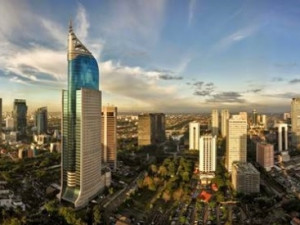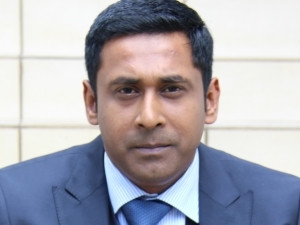
Across the world, cities are constantly looking for new ways to improve service delivery and enhance living and working ecosystems for citizens. It's no surprise that many consider digital technology to be the ideal methodology to help deliver new public services, address existing problems, and reshape citizen engagement.
Digital technology holds the key to the successful transformation of cities. It can accelerate and enable economic prosperity and commerce, improve safety and security, and make a real impact on the quality of life for citizens.
According to the World Bank Report on Digital Citizen Engagement, the use of new media communication technologies presents exciting opportunities to improve communication between citizens and government institutions. "Most of the cities' operational processes are not citizen-centric. They are structured for the physical world and lack the human touch. It is clear that digital technology is shaping the way government engages with communities and can help cities in addressing or managing issues around service delivery," commented Lawrence Kandaswami, Managing Director, SAP South Africa.
Innovation forces public sector institutions to think differently about how to provide services, how citizens consume and share information, and how to engage with citizens. This requires an innovative digital platform with the relevant digital tools to meet all these needs and serve citizens better. SAP Digital Core for cities focuses on all these aspects and more. The technology is designed to help cities prosper, improve safety and security, and become more resilient.
How can technology help cities become more resilient?

One of the challenges that cities face is managing natural disasters such as floods. In many cases, drains get blocked due to the volume of heavy rains, creating blockages that prevent the rapid and safe diversion of the storm water. "With the help of technology, cities can now use digital technology to manage these risks. For example, by installing sensors in the drain system, the city can monitor water levels, detect any malfunction in the drains and allocate resources in real-time to remedy the situation, before it hits disaster levels. The city of Dubai provides another good customer case study on resilience and saving project costs," explained Kandaswami.
Helping cities transition to digital transformation
Digital transformation allows cities to tap into their own data and transform that data into meaningful business insights and decisions. The use of technology can help cities to interpret, understand, plan, prioritise, and target specific problem areas to find the right solution. When we think about constituent engagement, the first thing to remember is that it's not one-dimensional. Increasing numbers of citizens may want a digital channel - but that's not every citizen. Innovation brings a new level of engagement with a digital experience. This means more citizens can take advantage of self-service functionality, instead of standing in long queues to pay for services.
Economic prosperity is every city's ideal goal
The use of digital technology enables cities to engage citizens and service providers to help cities understand challenges like transport flow management, scheduling of resources, and budget allocations. Engaged citizens can communicate better with government and exchange important information that could help cities improve service delivery.
"SAP technology is a relevant digital option for cities because citizens need simple choices. The technology puts citizens at the heart of how a service is delivered, presented, and consumed. It is designed with the "future cities" in mind to take cities through the journey of digital transformation. Today's citizens are looking for personalised services that are easily accessible. Citizens and government engagement should be part of the operational process, with clear collaboration plans for the sustainability and economic prosperity of cities," concludes Kandaswami.
For more information about SAP Africa, visit the SAP News Center. Follow SAP on Twitter at @sapnews.
Share
Editorial contacts